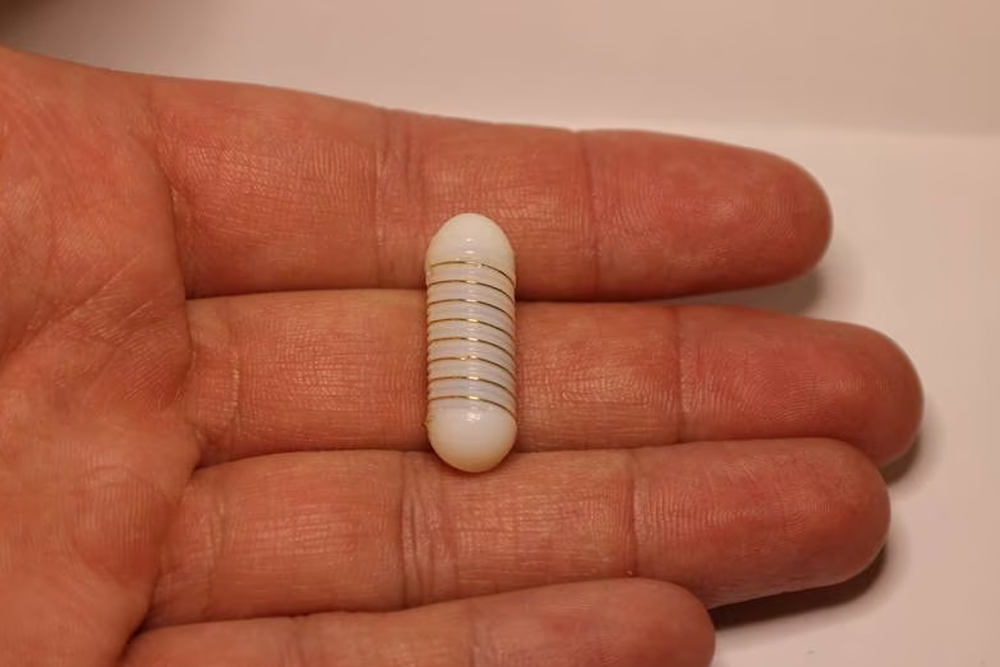
A team of researchers from NYU Abu Dhabi and the Massachusetts Institute of Technology has developed a non-invasive electrical device called Flash, which is an ingestible capsule designed to suppress hunger levels. Once swallowed, it is intended to reduce appetite by delivering electric shocks to the stomach. The smart capsule works by activating the stomach and causing the brain to control hunger-related gut hormones. Flash, which stands for fluid-wicking capsule for active simulation and hormone modulation, might be applied to the treatment of illnesses that can benefit by changing a person's food consumption, such as anorexia and obesity. According to the World Health Organization, 422 million people worldwide have diabetes, while 1 billion people worldwide are obese. The capsule may be used as a substitute for medications or surgical procedures to address various medical diseases, such as heart disease and eating disorders, as well as diabetic therapies such as insulin.

Flash has no side effects, unlike other medications used to treat diabetes and eating disorders which can cause unwanted side effects such as restlessness, nausea, uncontrolled weight gain, headaches and muscle spasms. According to the researchers, Flash requires no surgical intervention, making it a more comfortable treatment option for patients. Its design was influenced by the Australian prickly devil lizard's water-wicking skin, which enables it to attach directly to stomach tissue and control hormones that cause hunger. In a paper co-authored by Prof. Khalil Ramadi and published in Science Robotics, the researchers reported that utilizing Flash in experiments on pigs, they were able to cause the release of ghrelin, a hunger hormone, by giving them one capsule.

The head of the study team, Prof. Ramadi, predicted that future development of the drug might allow for personal customization and possibly the treatment of neuropsychological diseases like anxiety and depression. Preclinical research is now being conducted by doctors with the intention of initiating human trials with an improved version in five years. The pill could have a significant impact on the world's health, particularly in countries where obesity and diabetes are prevalent. In the UAE, for example, about one in five people have diabetes, with that ratio expected to double by 2040. With its potential to regulate precise neuro-hormonal circuits, Flash could provide a promising treatment option for people with eating disorders and other medical conditions that affect their food intake.
















